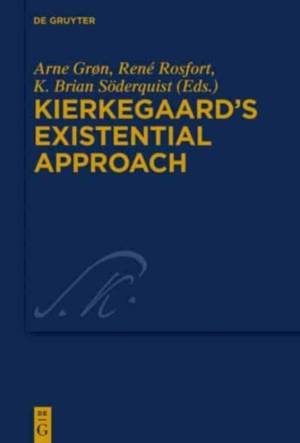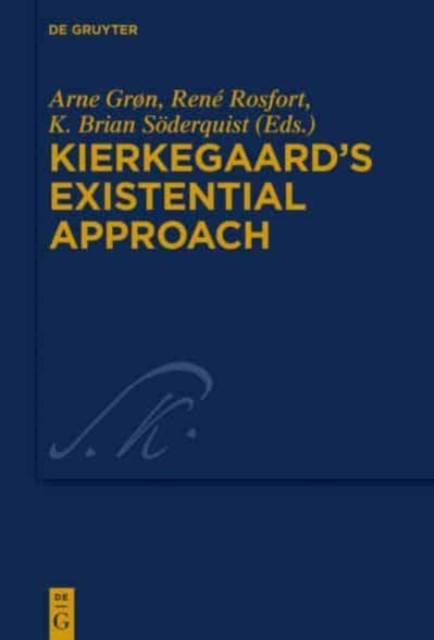
- Retrait gratuit dans votre magasin Club
- 7.000.000 titres dans notre catalogue
- Payer en toute sécurité
- Toujours un magasin près de chez vous
- Retrait gratuit dans votre magasin Club
- 7.000.0000 titres dans notre catalogue
- Payer en toute sécurité
- Toujours un magasin près de chez vous
Kierkegaard's Existential Approach
Description
Recently there has been a growing interest not only in existentialism, but also in existential questions, as well as key figures in existential thinking. Yet despite this renewed interest, a systematic reconsideration of Kierkegaard's existential approach is missing. This anthology is the first in a series of three that will attempt to fill this lacuna.
The 13 chapters of the first anthology deal with various aspects of Kierkegaard's existential approach. Its reception will be examined in the works of influential philsophers such as Heidegger, Gadamer, and Habermas, as well as in lesser known philosophers from the interwar period, such as Jean Wahl, Lev Shestov, and Benjamin Fondane. Other chapters reconsider central notions, such as "anxiety", "existence", "imagination", and "despair". Finally, some chapters deal with Kierkegaard's relevance for central issues in contemporary philosophy, including "naturalism", "self-constitution", and "bioethics".
This book is of relevance not only to researchers working in Kierkegaard Studies, but to anyone with an interest in existentialism and existential thinking.
Spécifications
Parties prenantes
- Editeur:
Contenu
- Nombre de pages :
- 292
- Langue:
- Anglais
- Collection :
- Tome:
- n° 35
Caractéristiques
- EAN:
- 9783110478662
- Date de parution :
- 08-05-17
- Format:
- Livre relié
- Format numérique:
- Genaaid
- Dimensions :
- 157 mm x 234 mm
- Poids :
- 544 g

Les avis
Nous publions uniquement les avis qui respectent les conditions requises. Consultez nos conditions pour les avis.





